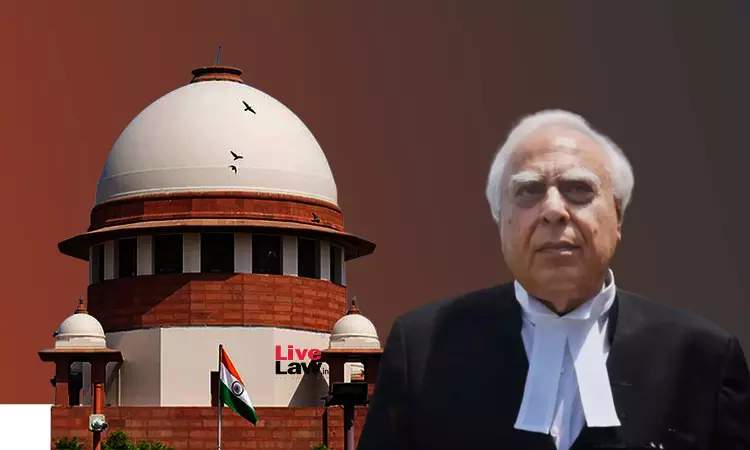'Affects Right To Liberty' : Kapil Sibal Urges Supreme Court To Reconsider PMLA Judgment Upholding ED's Powers
Awstika Das
22 Nov 2023 8:24 PM IST

Next Story
22 Nov 2023 8:24 PM IST
Senior Advocate Kapil Sibal on Wednesday (November 22) urged the Supreme Court to refer to a larger bench to reconsider its Vijay Madanlal Choudhary ruling, which is known for bolstering the powers of the Directorate of Enforcement (ED). Raising concerns about the wide-ranging powers of the central agency, the senior counsel said – “The issues involved are very serious and affect...
